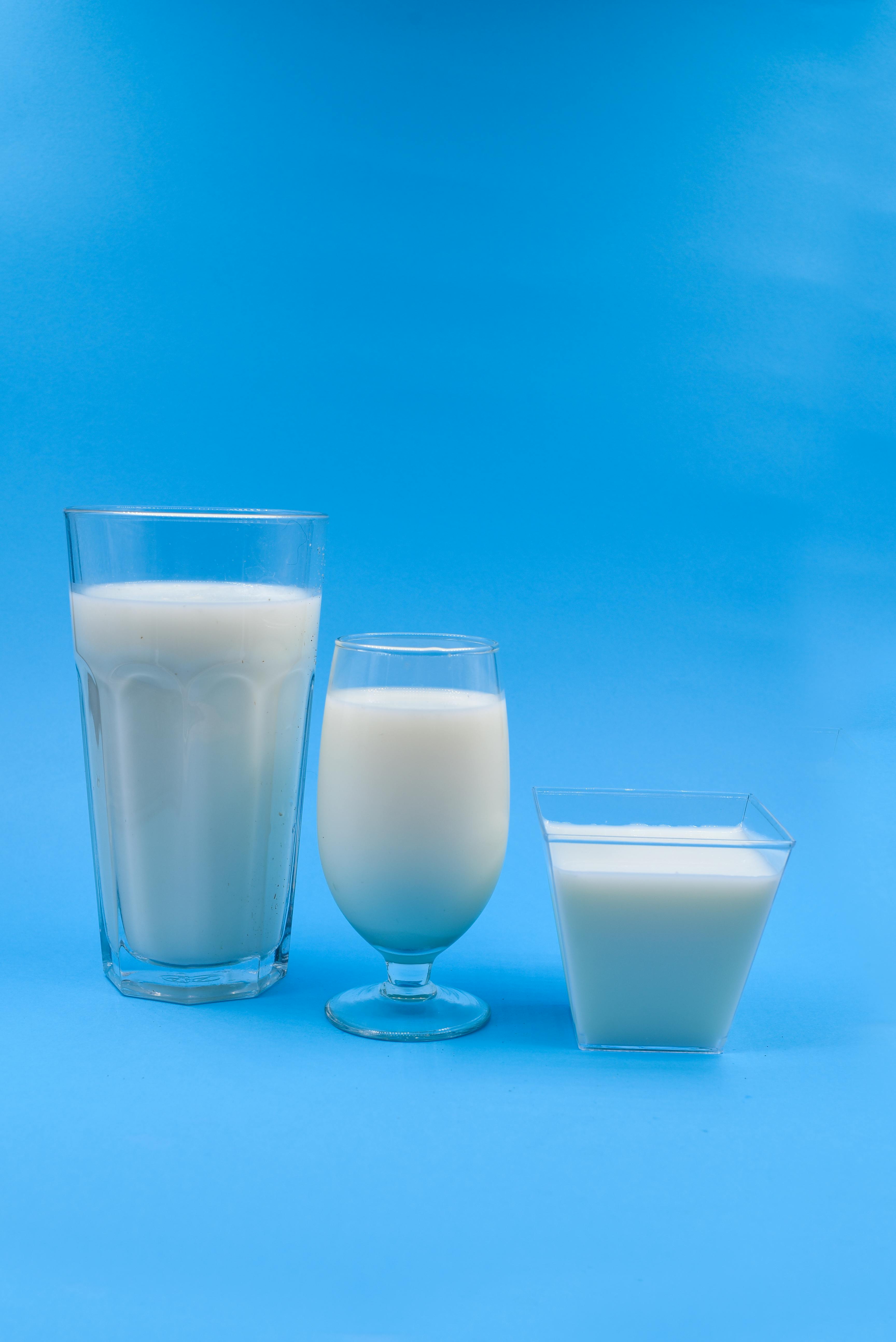
Apply Now


Effective Ways to Optimize Asparagus Carbs in Your Diet
Asparagus is not just a delicious spring vegetable, but it also boasts a rich nutritional profile that can be integrated into a variety of diets. With its impressive fiber content, low carbohydrate count, and myriad health benefits, asparagus is a fantastic choice for those looking to maintain a healthy lifestyle. Understanding how to optimize carbs in asparagus can help you make the most of this versatile vegetable. In this article, we will explore the nutritional value of asparagus, its health benefits, and how to incorporate it into your meals effectively. The health benefits of asparagus extend beyond its low calorie and carbohydrate content. With its vitamins, minerals, and antioxidants, asparagus can play a vital role in weight management, heart health, and improving digestive health. We will also provide you with cooking tips, low carb asparagus recipes, and information on the glycemic index of asparagus, so you can enjoy it guilt-free. By the end of this article, you'll have a comprehensive understanding of how to include asparagus in your diet while optimizing its carb content. Let’s begin by diving into the nutritional aspects of this superfood.Nutritional Value of Asparagus
Understanding the nutritional profile of asparagus is crucial for anyone looking to optimize their diet. Asparagus provides a wealth of essential nutrients while being low in total carbs. A standard serving of asparagus contains approximately 4 grams of carbohydrates per cup, which includes about 2 grams of dietary fiber. This low carbohydrate level makes it a favorite among those exploring ketogenic diets.Asparagus Carbohydrates Explained
To grasp the carbohydrate content in asparagus, it is important to differentiate between total carbs and net carbs. The total carbs in asparagus amount to around 4 grams per serving, but when we subtract the fiber content—known for its health benefits—the net carbs are only about 2 grams. This makes asparagus keto-friendly and suitable for low carb eating plans. By incorporating these facts into your meal planning, you can effectively manage your carb intake without sacrificing the nutritional benefits.Vitamins and Minerals in Asparagus
Not only does asparagus provide fiber, but it is also packed with several key vitamins and minerals. This vegetable is particularly high in vitamins A, C, E, and K, as well as folate, which all contribute to various bodily functions, from immune support to bone health. Including asparagus in your meals will ensure you are getting a rich source of nutrients that promote overall well-being.Health Benefits of Asparagus
The health benefits of asparagus extend beyond its nutritional profile. Regular consumption can aid in weight loss due to its low calorie and high fiber content, keeping you satiated and reducing the likelihood of overeating. Asparagus also contributes to heart health by providing potassium and antioxidants, which help regulate blood pressure and reduce inflammation. In addition, it plays a role in digestive health thanks to its fiber content, supporting gut health and regularity.Incorporating Asparagus into Your Diet
With a solid understanding of the nutritional value of asparagus, it’s time to explore how to incorporate this vegetable into your diet effectively. From simple cooking techniques to delicious recipes, there are numerous ways to enjoy asparagus while keeping your carb intake low.Cooking Methods for Asparagus
Asparagus cooking methods can significantly impact its taste and texture. Steaming, roasting, and grilling are popular methods that preserve its nutrients while enhancing its flavor. For example, roasting asparagus in the oven at a high temperature draws out its natural sweetness, making it a delightful side dish. When preparing asparagus, remember to avoid overcooking, as this can reduce its nutritional value and lead to a mushy texture.Delicious Low Carb Asparagus Recipes
Creating low carb asparagus recipes can be fun and versatile. Here are a couple of ideas: 1. **Sautéed Asparagus with Garlic and Lemon**: Lightly sauté asparagus in olive oil, add minced garlic, and finish with a splash of lemon juice for a refreshing side dish. 2. **Roasted Asparagus with Parmesan**: Toss asparagus spears with olive oil, salt, and pepper before roasting. Sprinkle with Parmesan cheese just before serving for an added flavor punch. These recipes not only optimize the carbohydrates in asparagus but also highlight its natural flavors.Asparagus in Meal Prep
Incorporating asparagus into meal prep can be a great way to ensure you enjoy its benefits throughout the week. Blanch asparagus to preserve its vibrant color and nutrient content, then store it in the refrigerator to add to salads, stir fries, or as a side for grilled proteins. Having cooked asparagus on hand will make adding vegetables to your meals effortless and will help you stick to your dietary goals.Understanding the Glycemic Index of Asparagus
The glycemic index (GI) measures how foods affect blood sugar levels. Foods with a lower GI are considered better for maintaining stable blood sugar. Asparagus has a low glycemic index, making it a suitable choice for those managing diabetes or seeking to avoid blood sugar spikes.Asparagus and Diabetes Management
For individuals managing diabetes, incorporating low GI foods such as asparagus can assist with blood sugar control. Essentially, foods high in fiber and low in carbs help promote steady glucose levels and improve overall metabolic health. Including asparagus in balanced meals can support better health outcomes for those living with diabetes.Asparagus and Heart Health
Asparagus's potassium content plays a significant role in cardiovascular health. It helps regulate blood pressure, which is a major risk factor for heart disease. Furthermore, its antioxidants may protect against inflammation and further contribute to heart health. Regular consumption of asparagus as part of a balanced diet can support optimal heart function.Fresh and Creative Asparagus Recipes
Trying new asparagus recipes can keep your diet exciting and enjoyable. As this vegetable is versatile, it adapts well to various cuisines and cooking styles.Creative Asparagus Salad Ideas
Adding asparagus to salads not only enhances their nutritional value but also brings flavor and crunch. Consider making a fresh asparagus salad with lemon vinaigrette, cherry tomatoes, and feta cheese. Perfect for a light lunch, this recipe combines the health benefits of asparagus with the freshness of seasonal ingredients.Asparagus Soups and Dips
Asparagus can also be a star in soups and dips. A creamy asparagus soup can be comforting and packed with flavor when blended with garlic and broth. Additionally, pureed asparagus can be transformed into savory dips to pair with whole-grain crackers or veggie sticks.Experiments with Asparagus
Don’t shy away from experimenting with asparagus! Try incorporating it into your favorite dishes, such as stir-fries or casseroles. By creatively adding asparagus to various recipes, you'll maximize its health benefits while keeping your meals exciting and flavorful.Conclusion: Maximizing the Benefits of Asparagus
In conclusion, optimizing asparagus carbs in your diet is easy when you understand its nutritional benefits and versatile cooking methods. From its low glycemic index to its high fiber content, asparagus is a powerhouse vegetable that can support a variety of dietary goals, including weight management and heart health. Regularly incorporating fresh asparagus in your meals—be it through sautéing, roasting, or steaming—ensures you reap its full health benefits while enjoying delicious flavors. Make the most of this nutritional gem and explore the numerous ways to include it in your diet. With asparagus as part of your meal plan, you're not only embracing a healthy lifestyle but also enriching your culinary experiences.
